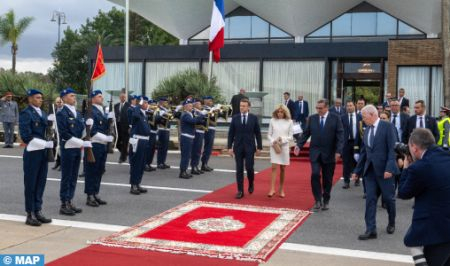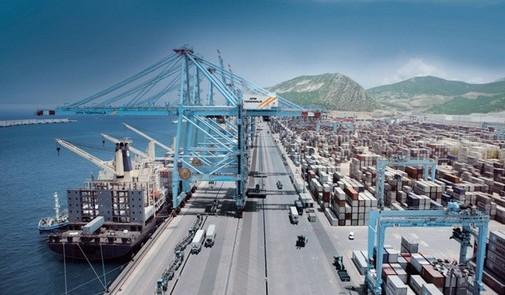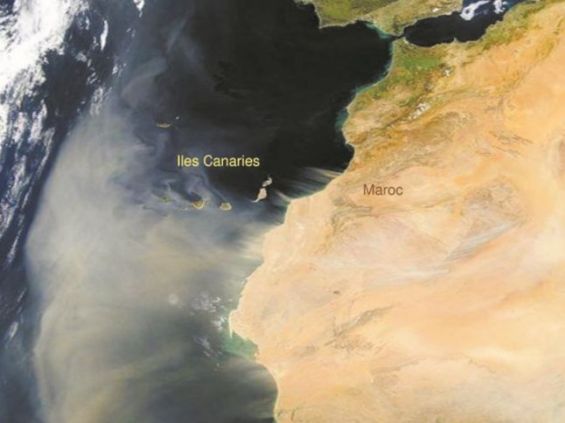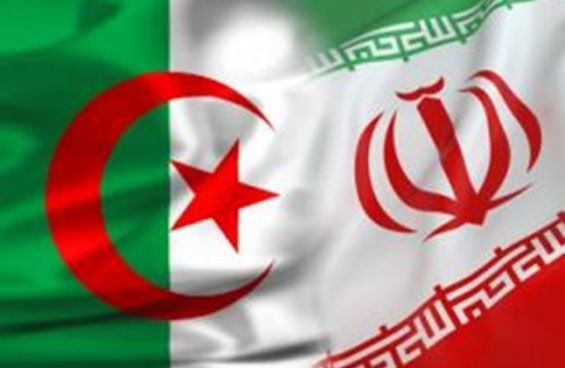At the invitation of King Mohammed VI, President Emmanuel Macron spent three days on a state visit to Rabat that turned the page on three years of diplomatic frost, as the two countries embark on a “strengthened and renewed partnership” that paves the way for closer cooperation at all strategic levels.
King Mohammed VI received Macron and his wife at the airport and offered a Royal welcome to his guest as tens of thousands lined up the procession to the Royal palace to welcome Morocco’s guest.
President Macron’s prominent accompanying delegation of key cabinet members and French leading firms in the strategic sectors of energy, aerospace, railways, high tech and farming- to mention but a few- showed that the two countries mean business.
Following talks in the Royal palace, the King and the President signed a joint declaration that set the tone for the next steps towards stronger Moroccan-French ties.
The declaration, one of the rare diplomatic documents signed by His Majesty, expressed a strong commitment to work together to address shared challenges within the framework of a “Strengthened Exceptional Partnership,” which also provides for closer cooperation in vital fields such as food security, infrastructure, water management, security, defense, vaccines, energy transition, education and culture as well as cooperating in organizing global sports events.
Sahara
The new momentum in Morocco-France relations was ushered following Macron’s letter to the King in July in which he stated the French new position in support of Morocco’s sovereignty over its southern provinces, the Sahara, while recognizing the autonomy plan as the “only basis” for a solution to this regional dispute.
This stand was reiterated by Macron in a speech at the Moroccan Parliament.
“The present and the future of the Sahara lie within the framework of Morocco’s sovereignty,” said the President in a key quote that was met with a standing ovation by Moroccan MPs.
In his landmark speech, he urged French firms to invest in the southern provinces, where giants such as Engie have already engaged in sustainable energy projects.
In line with the French position in support of Morocco’s sovereignty over the Sahara, the French foreign ministry updated its maps to include the southern provinces in Morocco and said it will expand its consular services in the Sahara, where it also plans to set up a cultural center.
France’s clear-cut support for Morocco’s right to its territorial integrity and sovereignty over its southern provinces earned Paris and Macron the trust and the respect of Morocco, paving the way for tangible economic cooperation at all fields.
Economic deals
The highlights of the visit were the economic agreements- 21 in total- signed at a ceremony under the chairmanship of King Mohammed VI and President Macron, evidencing the close ties between the two countries’ business elites and the enormous potential for economic cooperation.
The ceremony was a showcase of Morocco’s ambitions as an emerging economy set to modernize its infrastructure, ensure sustainable energy transition, develop its educational system, and protect its cultural heritage.
Thus, Morocco’s rail operator ONCF announced Alstom as a winner of a competitive bid. Alstom will supply at least 12 high speed trains to Morocco, which plans to expand the service southwards to Marrakech.
Energy giant Engie signed a joint development agreement that could yield investments worth 17 billion dollars, according to the media, while TotalEnergies signed a deal to build a 1 gigawatt of onshore wind and solar farms in Morocco’s Guelmim-Oued Noun region as it also mulls producing and exporting green hydrogen.
Veolia, for its part, said a deal with the interior ministry to build Africa’s biggest desalination plant near Rabat with an annual capacity of 300 million cubic meters, designed to supply fresh water to 9.3 million people.
In keeping with this momentum, the business elites from both countries held a summit that wrapped up with a series of deals covering finance, innovation, water management, and energy.
Culture
The inauguration of Africa’s largest theatre in Rabat by Princess Lalla Hasnaa and France’s First Lady was a cultural highlight that shows the special place culture has in French-Moroccan ties.
The Royal Theater of Rabat, designed by the late architect Zaha Hadid, covers an area of 7.1 hectares, including 25,400 m2 of built-up area. The building’s shape blends harmoniously into the Bouregreg Valley.
The culture ministers of the two countries also signed an agreement to strengthen their cooperation in six areas: cultural and creative industries, books, libraries and Francophonie, exchanges between professionals and support for mobility, heritage and museums, crafts, and a joint projection towards Africa.



